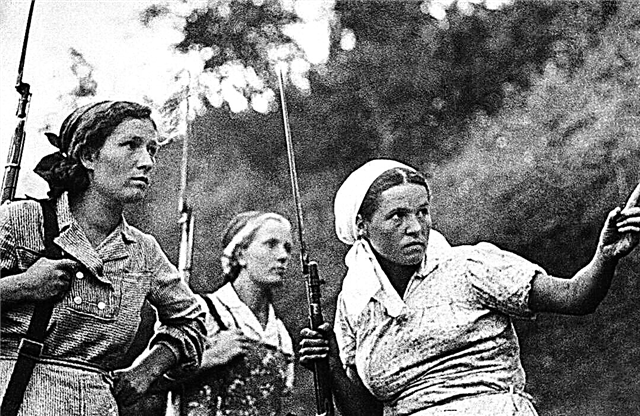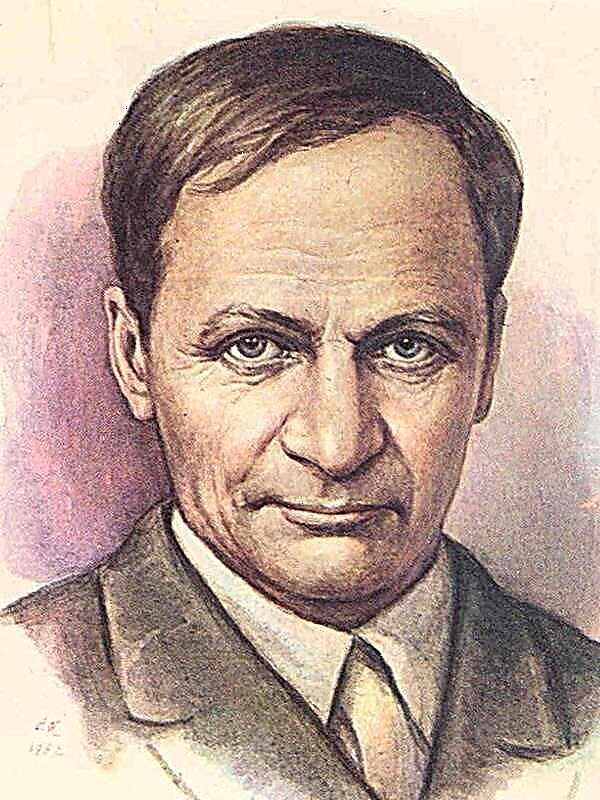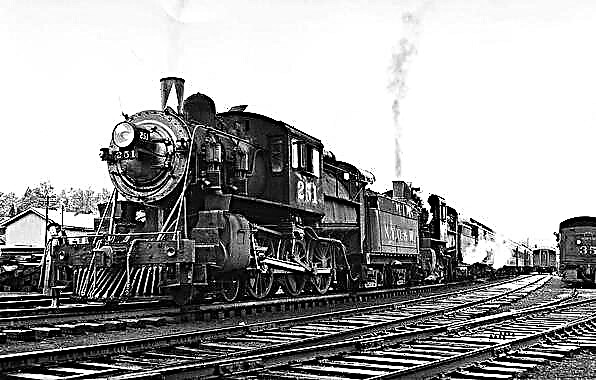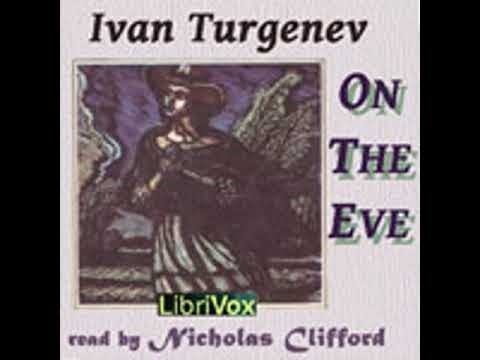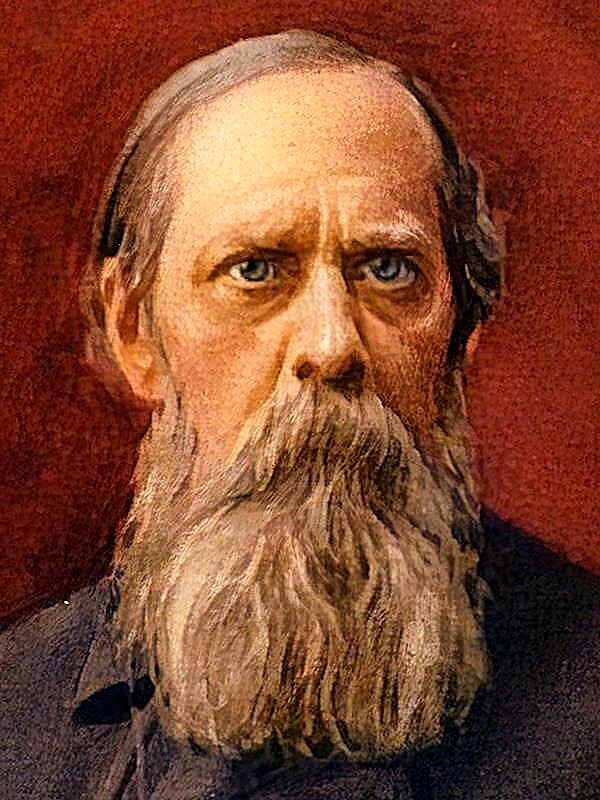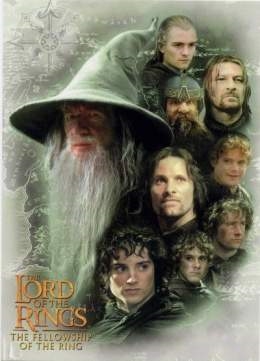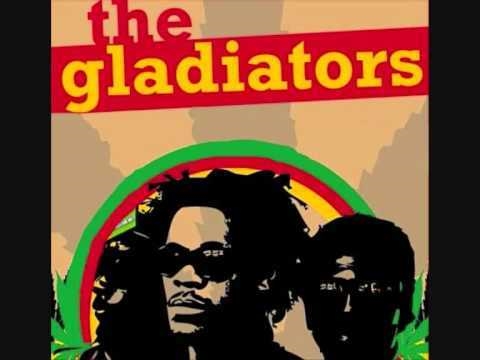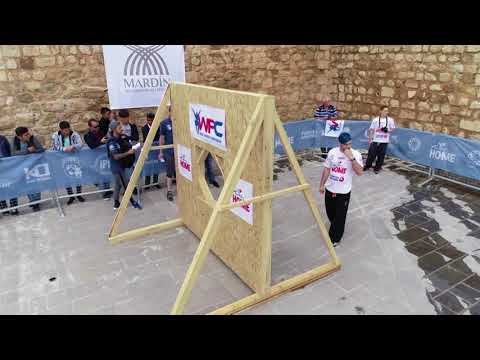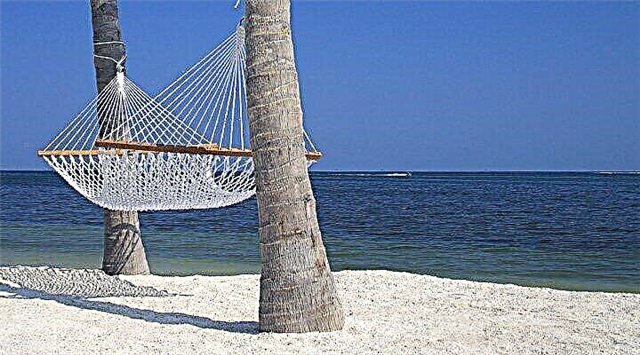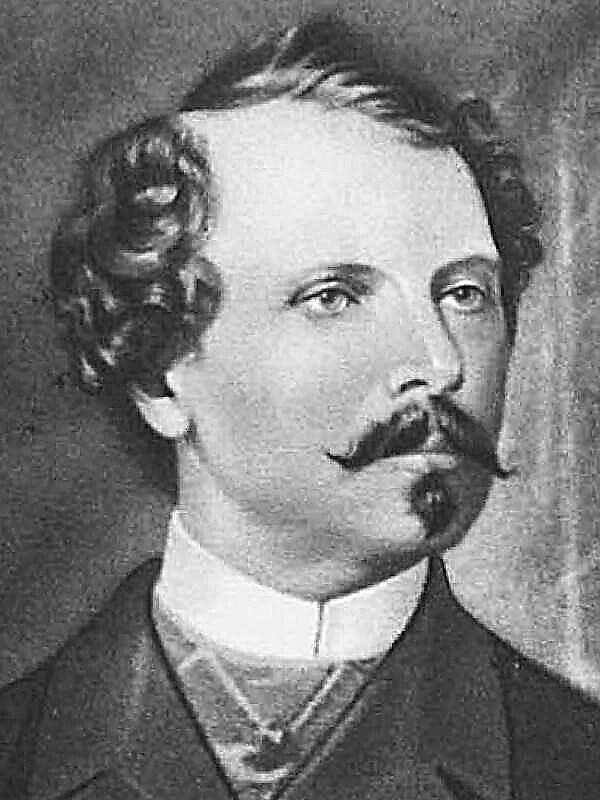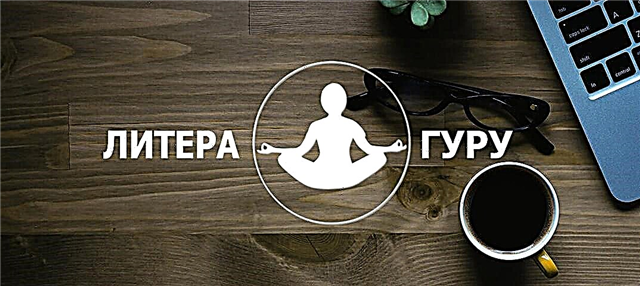The novel begins with a dedication to the year two thousand four hundred and fortieth. In advance notice, the author reports that his goal is universal prosperity.
The hero (he is the author) of the novel, tired of a long conversation with an old Englishman who sharply condemns French customs and practices, falls asleep and wakes up at his home in Paris in 672, in the twenty-fifth century. Since his clothes are ridiculous, he dresses in the shop of a second-hand dress, where he is brought by a passer-by on the street.
The hero is surprised at the almost complete absence of carriages, which, according to his companion, are intended only for sick people or especially important persons. A person who has become famous in any art is complaining about a hat with his name, which gives him the right to universal respect for citizens and the opportunity to freely visit the sovereign.
The city is striking in its cleanliness and grace in the design of public places and buildings, decorated with terraces and climbing plants. Doctors now belong to the most respected category of citizens, and prosperity has reached such an extent that there are no, as unnecessary, shelters for the poor and strait houses. At the same time, the person who wrote the book preaching "dangerous principles" must wear a mask until he expiates his guilt, moreover, his correction is not compulsory and consists in moralizing conversations. Each citizen writes down his thoughts, and by the end of his life makes up a book from them, which they read to him at the grave.
Children are taught in French, although the College of the Four Nations has been preserved, in which Italian, English, German and Spanish are studied. In the infamous Sorbonne, once famous for its "barren" disputes, they are engaged in the study of human corpses, with the aim of finding means to reduce the bodily suffering of a person. Aromatic plants with the ability to “thin the clotted blood” are considered universal remedies; pneumonia, consumption, dropsy and many previously incurable diseases are cured. The latest principles for disease prevention are vaccines.
All books on theology and jurisprudence are now stored in the cellars of libraries, and, in case of danger of war with neighboring peoples, these dangerous books are sent to the enemy. At the same time, lawyers are preserved, and those who break the law are either publicly held in prison or driven out of the country.
The conversation is interrupted by frequent bells, announcing a rare event - executions for murder. Law obedience is brought up early: at the age of fourteen, everyone is obliged to personally rewrite the laws of the country and take the oath, renewed every ten years. Nevertheless, sometimes, for the sake of edification, the death penalty is carried out: on the square in front of the Palace of Justice, the criminal is brought to the cell with the body of the murdered. The chairman of the Senate reads out the verdict of the court, the repentant criminal, surrounded by priests, listens to the speech of the Prelate, after which they bring the death sentence, sealed with the signature of the Tsar. At the same cell, the criminal is shot, which is considered the final atonement and his name again fits into the lists of citizens.
Ministers of the church in the state are a model of virtue, their main mission is to comfort the suffering, to prevent bloodshed. In the temple, almost everything is familiar to our hero, but there is no painting and sculpture, the altar is devoid of decorations, the glass dome opens a view of the sky, and a poetic message comes from the heart as a prayer.In the rite of communion, a young man examines celestial bodies through a telescope, then they show him through a microscope a world that is even more marvelous, thereby convincing the wisdom of the Creator.
Traveling around the city, satellites inspect the area with symbolic figures: kneeling France; England holding out her hands to Philosophy; Germany's bowed head; Spain, from marble with bloody veins - which should depict repentance in unrighteous deeds in the past.
Lunchtime was approaching, and the companions found themselves in a house decorated with a coat of arms and a shield. It turned out that in the houses of the nobility it was customary to set three tables: for the family, strangers and the poor. After lunch, the hero sets off to watch a musical tragedy about the life and death of the Toulouse merchant Kalas, wheeled for wanting to convert to Catholicism. The attendant talks about overcoming prejudice against the actors: for example, the Prelate recently asked the Sovereign to welcome an embroidered hat to one outstanding actor.
The hero has a dream with fantastic visions that change the course of experienced events - he turns out to be alone without an escort in the royal library, which instead of the once huge huge rooms is tucked away in a small room. The librarian talks about the changed attitude towards the book: all frivolous or dangerous books were folded into a huge pyramid and burned. However, the main essence of them was extracted previously from the burned books and presented in small books in 1/12 of the sheet, which make up the current library. Once in the library, the writer characterizes the current writers as the most revered citizens - the pillars of morality and virtue.
Having traveled to the Academy, the satellites find themselves in a simple building with places for academics, decorated with flags listing everyone's merits. One of the academics present is delivering a fiery speech condemning the rules of the old Academy of the 18th century. The hero does not dispute the speaker’s correctness, but calls not to judge strictly past times.
Then the hero visits the Royal collection, in which he considers marble statues with the inscriptions "To the inventor of the saw", "To the inventor of the loophole, gate, block"
Not far from the collection is the Academy of Painting, which includes a number of other academies: drawing, painting, sculpture, practical geometry. The walls of the academy are decorated with the works of the greatest masters, mainly on moral topics, without bloody battles and voluptuous pleasures of mythological gods. In an allegorical form, the originality of the peoples is conveyed: the envy and vengeance of the Italian, the proud aspiration of the Englishman forward, contempt for the German elements, the chivalry and exaltation of the Frenchman. Artists are now kept by the state, sculptors do not sculpt moneybags and royal servants, perpetuate only great deeds. Engraving, which teaches citizens virtue and heroism, is widespread.
The hero returns to the city center, where, with a crowd of citizens, he freely enters the throne room. On both sides of the throne are marble boards with laws engraved on them, indicating the limits of royal power, on the one hand, and the duties of subjects on the other. The sovereign in a blue cloak listens to the reports of ministers, and if there is at least one dissatisfied, even of the lowest origin, he immediately listens publicly.
Enthralled by what he saw, the hero asks those present to explain to him the form of government adopted in the state: the king’s power is limited, legislative power belongs to the Assembly of People’s Representatives, executive power belongs to the Senate, and the king monitors the observance of laws,Solving solely unforeseen and especially complex issues. So "the prosperity of the state is combined with the prosperity of private individuals." The heir to the throne goes a long way of education and only at twenty years old the king declares him his son. At twenty-two years, he can ascend to the throne, and at seventy years of time, he abdicates “power”. His wife can only be a citizen of his country.
The women of the country are chaste and modest, they “do not blush, do not smell tobacco, do not drink liquors”.
To explain the essence of the tax system, the hero is led to the crossroads of streets and shown two chests with the inscriptions "Tax to the King" and "Voluntary contributions" in which citizens "with a pleased look" put sealed packages with silver coins. Upon filling, the chests are weighed and transferred to the “Controller of Finance”.
“Tobacco, coffee and tea” has been expelled from the country, only domestic trade exists, mainly agricultural products. Trade with foreign countries is prohibited, and vessels are used for astronomical observations.
By evening, the hero’s companion offers to dine in the house of one of his friends. The owner greets guests simply and naturally. Dinner begins with the blessing of dishes on the table, which is served without any luxury. The food is simple - mainly vegetables and fruits, liquors are "forbidden as strictly as arsenic", the servants are sitting at the same table, and each one puts food on his own.
Returning to the living room, the hero pounced on newspapers, from which it follows that the world has turned into a community of free states. The spirit of philosophy and enlightenment spread everywhere: in Beijing, the tragedy of Cornel’s “Zinn” was delivered in French, and in Voltaire, the Voltaire “Mohammed”; in previously closed Japan, the treatise On Crimes and Punishments was translated. In the former colonies on the American continent, two powerful empires were created - North and South America, the Indians were restored in their rights, their ancient culture was revived. Astronomical observations are being made in Morocco, not a single destitute remains on Papuan land
There was no secular news in the newspapers, and the hero, wishing to know the fate of Versailles, takes a trip to the former palace. In its place, he finds only ruins, where he receives explanations from an old man present: the palace collapsed under the weight of buildings being built on top of each other. All the kingdom's funds were spent on their construction, and pride was punished. This old man is King Louis XIV.
At this moment, one of the snakes nesting in the ruins bites the hero in the neck and he wakes up.

